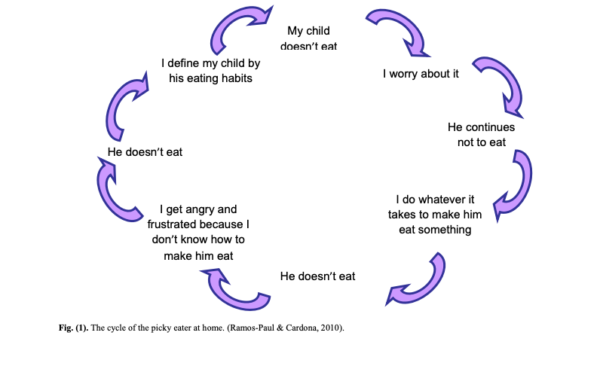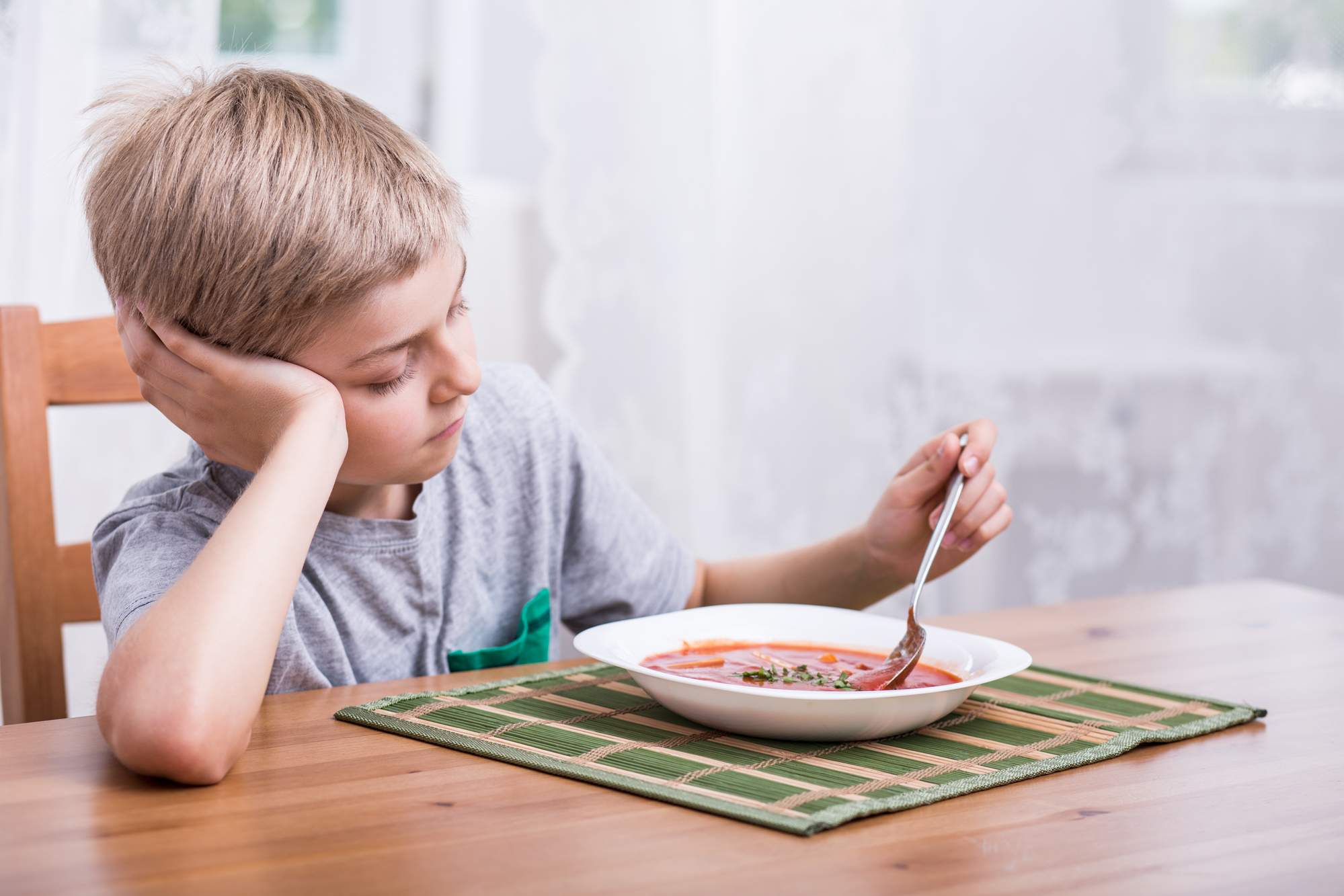Reduce the difficulties you face with your fussy eating child.
Every now and then, it dawns on me how the lives of parents of fussy eaters are negatively affected. Parents struggle, they are often overwhelmed. A few days ago I talked to a young mum who told me she was having panic attacks when thinking about feeding her child.
Feeding children needs to be done 3-5 times a day, for many years. Difficulties and stress can add up, meal after meal.
My interest in fussy eaters being able to develop into adults who are confident and competent eaters does not stop at children. Parents deserve support and empathy. In my programs, I am incorporating the use of meditation and relaxation as options.
Here are some suggestions to help re-frame some of the common ailments that parents mention to me.
I am concerned about my child’s growth
As a loving parent it is normal to worry about your child’s growth and development. Feeding a child is a huge responsibility. It is a matter of life and death. When there are challenges, the pressure can be overwhelming.
Professionals look at the regularity of a child’s growth. They will let you know if they think this needs further investigation.Some families will start their child feeding journey surrounded by specialist help.
For everyone else it is most important to rethink how we view growth and appetite. For instance just because a child’s growth is in the lowest percentiles it does not indicate they are not growing well. A child could be smaller due to genetics.
Most parents I talk to are concerned about their child’s appetite. It is established that some fussy eaters have small appetites indeed. They are not the majority. It is very likely that if you end grazing in your child’s life, his appetite will improve.
In the meantime if you are writing down everything your child eats, and weighting them all the time, then it may be time to talk to someone about alleviating the pressure you feel.
I am worried about nutrition
Nutrition is a loaded topic when it comes to fussy eaters. What is your belief system when it comes to food? The English plate, or the “meat and 3 vegs” for us Aussies, is based on an understanding of nutrition.
Plating in this manner allows you to see what is not eaten. When your fussy eater leaves vegetables on the plate, it is likely that you will worry about nutrients. This is why I recommend serving from the middle of the dinner table and letting children help themselves from the choices you provide.
Serving family-food, family-style may help you re-frame feeding. You can serve all family dishes with a side of salad or veggies. I also recommend a second course such as yoghurt or cheese and fruit or dessert. Please note the second course is never served as a rescue for fussy eaters, but as a part of the structure of the meal.
If your child does not eat meat, fish, and then eats few iron-rich vegetarian options as well as fresh fruit and veggies, it is likely they may lack iron. This is the deficiency I alert everyone about. In my work I find children often lack iron. In doubt just get your child’s iron level tested, so your GP can help remedy any deficiency.
Feeding gives me panic attacks /anxiety/anger:
The first step is in the acknowledgement that you too, not just your child may need some help. Do you need to talk to a professional? Perhaps someone who specialises in panic attacks can help? Your mental health matters.
Can you assess your mood before and after mealtimes? I recommend apps such as “Mood tracker”, “Moodnotes”, or my favourite “Calm”, which combines assessing your mood at chosen times and meditation practice.
Tracking your mood is a great way to pinpoint what has got you to a low point, or enjoy when you are feeling good. Assessing your mood will also help you to “quantify and qualify” it. Moods fluctuate, you may feel low at a given time and much better moments later. You will be able to navigate moods better if you are aware of them.
Can you agree that wanting your child to eat a specific food, or worrying about them not eating this food is taking you on a lose-lose journey?
The cycle of the picky eater at home[1], is a catch-22. The parent oscillates between negative moods (anger, frustration, worry, anxiety…) and power struggles (trying all sorts of tricks to get the child to eat), yet the child does not budge.

It is only possible to control the food that you serve, not what your child eats. Using the Division of Responsibility is the best way to help remove the pressure you are putting yourself under.
We never go out to restaurants anymore
Parents fondly remember going out to a restaurant. The idea that children may misbehave, have a meltdown, or refuse to try new foods is sufficient for them to give up going out.
Will the children be able to sit down quietly and for about 20min? Will you order the meals earlier so the children are hungry and not sitting down for too long?
In this piece you will see that children can learn a great deal from going out to a restaurant.. You can educate your children to goign out to restaurants.
Friends and family comments are hurtful
Most friends and family are well-meaning and supportive. However there are times when comments may anger you or make you feel inadequate, especially if you are sensitive and lacking practical and helpful support.
Who can help you and offer genuine support that saves you time and helps reduce your anxiety?
Can you tell people what you need? Here I share some ideas so you can nip those unhelpful comments in the bud.
Hopefully you now have a few concrete steps you can take in your quests to improve your side of the feeding dynamics. Once you achieve this, you will be in a better position to support your child.
Ready to turn the tide on stressful family dinners? Then my free ebook is for you. It covers my top starter tips to raising a happy, healthy eater.
[1] The cycle of the picky eater at home (Ramos-Paul and Cardona, 2010)
To view on YouTube:









